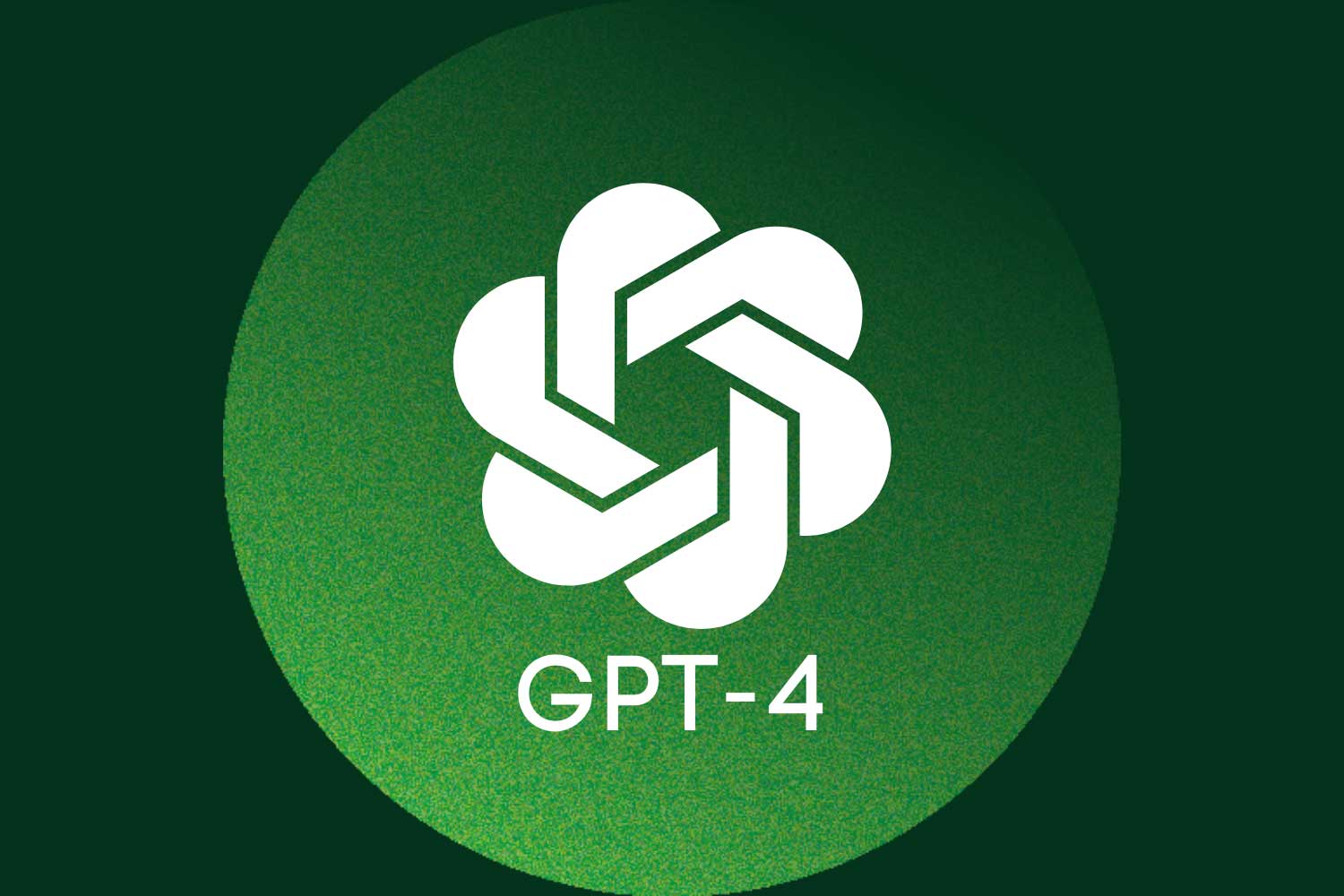
OpenAI continues to refine its offerings with significant updates to its Advanced Voice Mode and GPT-4 model, enhancing user interaction and overall performance. These advancements come at a time when the company is facing legal scrutiny regarding its direction and partnerships.
Breaking Down Barriers: Advanced Voice Mode on Desktop
In a move aimed at increasing accessibility, OpenAI has extended its Advanced Voice Mode to desktop users. Previously limited to the mobile app, this feature is now available on the ChatGPT website for all paid subscribers. By enabling voice interaction, OpenAI aims to cater to a wider audience and provide a more versatile user experience. This update allows users to leverage the power of ChatGPT through spoken language, facilitating tasks such as generating content, practicing pronunciation, and preparing presentations.
GPT-4o: A Leap Forward in Creative Writing and File Processing
Beyond voice interaction, OpenAI has also significantly upgraded its GPT-4o model. This enhancement focuses on improving the quality and creativity of generated responses. Users can now expect more natural, engaging, and relevant text, leading to a more enjoyable and productive interaction with the AI. Furthermore, GPT-4o now exhibits improved capabilities in processing uploaded files, allowing for deeper analysis and more comprehensive insights. This upgrade unlocks new possibilities for users who rely on ChatGPT for tasks involving complex documents and data extraction.
Navigating Legal Headwinds: Musk’s Lawsuit and Antitrust Concerns
While OpenAI continues to innovate, it also faces legal challenges that could impact its future trajectory. Elon Musk, a prominent figure in the tech world and an early investor in OpenAI, has filed a lawsuit against the company. Musk alleges that OpenAI has strayed from its original mission of prioritizing safety and ethical AI development, instead focusing on profit maximization. The lawsuit also names Microsoft, a key partner in OpenAI’s expansion, as a defendant and raises concerns about potential antitrust violations. These legal proceedings add a layer of complexity to OpenAI’s journey, highlighting the tension between technological advancement and ethical considerations in the rapidly evolving field of artificial intelligence.


















